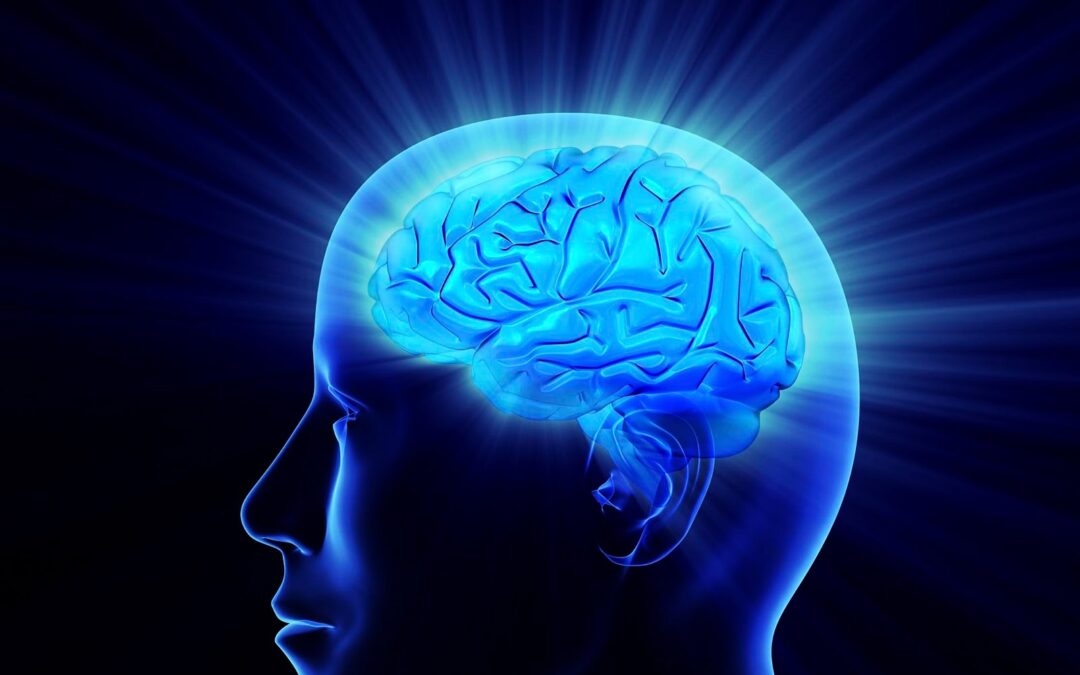“Rule your mind, or it will rule you.”
– Horace (65 BC – 8 BC)
The Roman poet Horace captured the importance of mindset in this short phrase thousands of years ago. I think you would agree with me that our mindset is extremely important, wouldn’t you?
But what is mindset? If we look at the dictionary meaning, mindset is defined as “the established set of assumptions held by someone or a group of people”. Mindset can be seen as a person’s world view, or their personal philosophy, their philosophy of life. If I wanted to define it in just 6 words, I would say that mindset is the way we choose to think.
Our mindset is our perception, our interpretation of the world around us, the filters through which we see the world. As such, it is fair to say that our whole way of living is determined by our mindset.
Process of manifestation
Everything we create or attract in our life, what manifests in our life, follows a very specific process. Maybe you have heard of the “T.E.A.R.” formula (Thoughts – Emotions – Actions – Results). Let me explain:
It all starts with our thoughts. Our thoughts then create emotions, which is how we feel about what we think. The emotions have the power to convert the thoughts into decisions to take action. Think how different actions you take when you feel happy or motivated, and when you feel unhappy or unmotivated. Finally, the actions we take will determine the results that will appear in our life. Over a period of time, the kind of actions we take and the results they lead to create our lifestyle, the way in which we live.
Let’s imagine a very simple example to see how the T.E.A.R. formula works. Let’s say we want to eat some food. The first thing that happens is the thought. Then an emotion is created, in this case a positive emotion related to the food, that leads us to take some kind of action, such as cooking or ordering takeaway, for example. The end result is eating a meal. The example is oversimplified of course, but it helps to show the process.
Let’s now work through the formula backwards. We saw earlier that our lifestyle, our whole way of living, is determined by the cumulative results caused by our actions, over a period of time. Before we take any action, we always have to make a decision. Every day we are faced with dozens of decisions/personal crossroads (either big ones, like whether to apply for a new job, or small ones, like what I’m going to have for lunch). These decisions we take are based on our attitude, our emotions, how we feel about the situation, and the way we think. As you can see, our lifestyle is determined by the way we think.
Let’s make another analogy now, and let’s use a tree: The fruits of the tree (our results in life) are determined by the roots of the tree (our thoughts). It all starts there, with the roots. The tree trunk, the branches, the leaves, and the fruits all follow after the roots, which are the beginning. And the roots are our mindset – the way we think.
“The state of your life is nothing more than a reflection of your state of mind.”
– Wayne Dyer
How is mindset formed?
Our mindset comes from what we know and how we came to know all that we currently know. Over our lives we have a multitude of sources of input. As children, there were our parents, our teachers at school, our friends. While growing older, there were the media, our colleagues, our spouse etc.
Based on this information, the data we collect, we gradually form our attitudes, our philosophy. And when we keep collecting the same data, we start forming beliefs. A belief is a feeling of certainty about what something means. Beliefs are phrases we use like “I am…”, “Life is…”, “People are…”, “Always…”, “Everyone…” etc.
The problem is when these beliefs we have created are counter-productive, limiting us rather than serving us. And that happens simply because the input we’ve had, the data we have gathered, was of the wrong type.
What we need to understand is that our beliefs are not real, not truth. They are our filters, the lenses through we look at things. They are based on our interpretation (or misinterpretation) of specific incidents in our lives. Then, once a belief is in place, we spend the rest of our lives trying to prove it right, to validate it.
How can we change/improve our mindset?
Contrary to what some people may think, we can change our mindset and develop a more powerful personal philosophy. Even though we can’t delete the old data that’s already there in our brain, we can input new, empowering information, and be vigilant to stop feeding our mind with useless information.
Here are some ways to work on improving our mindset:
- Learn from personal experiences: Review and reflect on our life, the events happening in it, the failures we had, the lessons we learned. Write things down.
- Learn from outside, from someone else whose opinion we respect: he or she will give us an objective appraisal, and enable us to see things we don’t see ourselves.
- Study other people’s success – and also other people’s failures! (learn what not to do).
- Choose the people you spend time with. Spend time with people you admire and respect, so that you are influenced positively by them.
- READ! There is very little difference between someone who can’t read and someone who won’t read. Both lead to ignorance. Be a lifelong learner.
- Write! Keeping a personal journal helps in many ways:
- 1. Capture the present for reviewing it in the future.
- 2. The very act of writing helps us think more clearly and objectively.
- 3. Committing to writing in a journal leads to self-discipline.
- Mindfulness and meditation practices help tremendously with our mindset. This is a very big topic to even scratch the surface here, and I will cover it in depth in another post.
- Exercise! It may sound irrelevant to mindset, but it is not. Emotion is created by motion, and as we saw before, emotion is the element that converts thoughts into action.
- Breathing exercises and gratitude practices are also useful tools in improving our mindset.
“Nothing can stop the man with the right mental attitude from achieving his goal; nothing on earth can help the man with the wrong mental attitude.”
– Thomas Jefferson
So what will happen if we improve/grow our mindset?
Developing a more powerful mindset is a gradual process. Jim Rohn said that success is nothing more than “small disciplines, practiced every day”. So make it a habit to work on your mindset every day, little by little, by utilising some or all of the techniques mentioned above. It may not seem like there’s much improvement in the beginning, but the small daily changes over time compound, and will lead to success.
Mindset is a complex, yet fascinating subject. I hope that this article has given you some useful insights and ideas about how our thoughts determine the way we live, and how by changing, with some simple techniques, the way we think, we can change our whole life.
“Once your mindset changes, everything on the outside will change along with it.”
– Steve Maraboli

